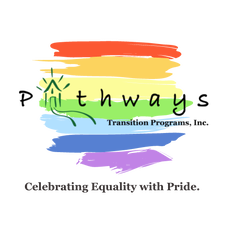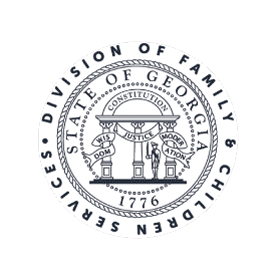|
We tend to agree that childhood is about learning, about preparing to become an adult. We agree that children need adults to watch out for them, to teach them what it takes to be an adult in our society, be successful and stay our of trouble. Why then ask such an obvious question as “What is childhood for?” Where’s the debate, the disagreement?
Here’s where:
Each of these questions is even more urgent when the children in question have been exposed to traumatic experiences so that their age, fragility, and lack of safety make them more vulnerable. Their parents have often been victims of similar childhoods. When these children come into foster care, when we meet them in the classroom, our usual ways of thinking about childhood and growing up, child rearing and discipline, our expectations of parents and our own assumptions about what it takes to “make it” in life… they are all challenged in ways we are often unprepared for. It’s as if we are gardeners who learn how to grow a plant from seed, but when bad weather and disasters happen, when a plant has to be moved to a new place… our knowledge isn’t as useful and our attempts to “will” the plant into growing in its new location are often unsuccessful. The National Scientific Council on the Developing Child is a multidisciplinary panel of scientists who bring together state of the art knowledge and its implications for public policy. In their report, The Foundations of Lifelong Health Are Built in Early Childhood, they make clear, we can’t afford not to provide every growing child with the optimal conditions for healthy development. Their findings highlight how important it is for us to pay attention to how development unfolds and what happens when trauma short-circuits this process. Whenever I speak to a group of parents or professionals, we inevitably have a lively discussion about these issues and here are some of the concepts I try to convey:
Dr. Sunaina Rao Jain Child & Adolescent Clinical Psychologist Founder, CEO Pathways Transition Programs
0 Comments
Leave a Reply. |
Author
|
Pathways Transition Programs, Inc. 120 E Trinity Place, Decatur, Georgia 30030 404.378.2300 © 1991 — 2022 All rights reserved.

 RSS Feed
RSS Feed








